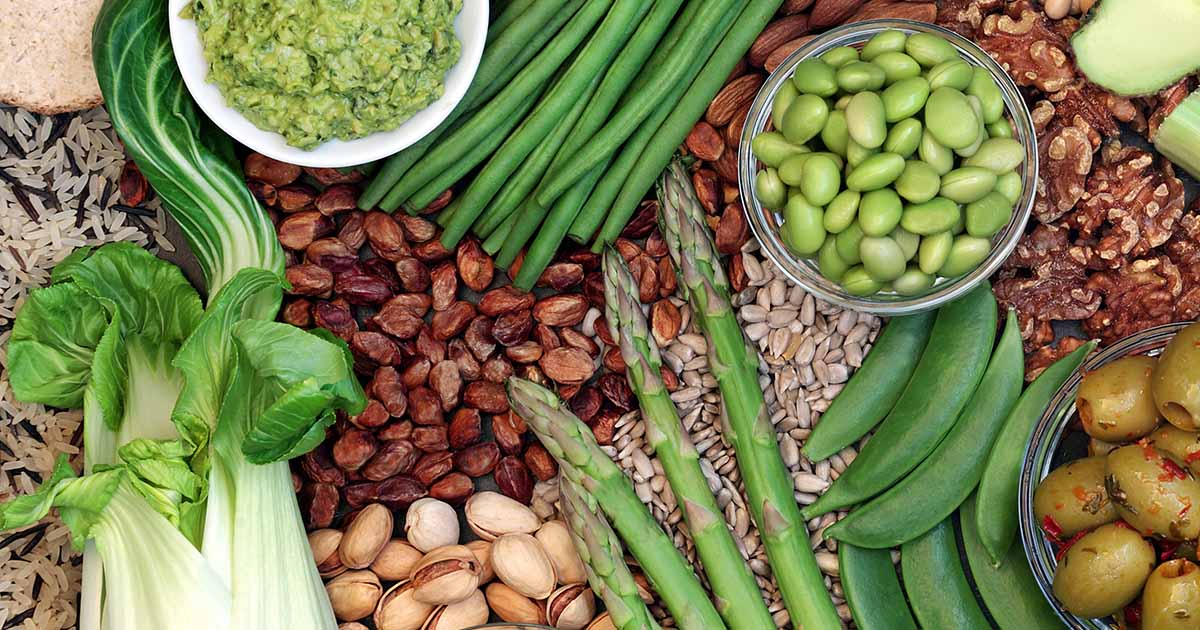The growing obsession with longevity is evident through the popularity of podcasts, books, and influencer culture. However, the focus is not only on how long you live but also on your health span, which refers to the number of years spent in good health.
While genetics play a role in determining lifespan, lifestyle factors like diet, exercise, and habits such as smoking or excessive drinking are just as crucial. Dr. Susan Roberts from the Geisel School of Medicine at Dartmouth emphasizes the importance of diet, though determining the best way to eat for longevity is not an exact science.
Researchers like Dr. Frank Hu from the Harvard TH Chan School of Public Health explore the associations between dietary habits and long-term health outcomes, rather than conducting long-term dietary experiments. Protein intake, particularly from plant-based sources such as legumes and whole grains, is one of the keys to living longer.
Studies show that those who consume more protein, especially from plant sources, tend to maintain stronger muscles and bones as they age, which helps prevent falls and fractures. Experts recommend older adults consume at least 0.45 to 0.54 grams of protein per pound of body weight daily.

In addition to protein, nutrients like calcium and vitamin D are essential for bone health as people age. These nutrients can be found in dairy and fortified plant-based products, as well as leafy greens, tofu, and fish.
While sunlight provides vitamin D, supplements may be necessary if dietary intake is insufficient. Dr. Denise Houston from Wake Forest University advises obtaining these nutrients from food whenever possible but acknowledges that supplements can be helpful if needed.
Polyphenols, which are found in fruits, vegetables, nuts, legumes, and drinks like coffee and green tea, also contribute to longevity by providing antioxidant and anti-inflammatory benefits.
Studies suggest that consuming polyphenol-rich foods may lower the risks of conditions like type 2 diabetes, heart disease, and cognitive decline. Foods like berries, dark leafy greens, and extra-virgin olive oil have been particularly linked to improved brain health and a longer life.
Diets rich in healthy fats, such as those from olive oil, nuts, seeds, and avocados, have also been associated with reduced mortality. Conversely, diets high in saturated fats, commonly found in red and processed meats, appear to have the opposite effect. Fatty fish, which are high in omega-3 fatty acids, promote brain health and longevity.
Experts warn against the consumption of ultra-processed foods, which are linked to a range of health risks including heart disease and type 2 diabetes. These foods often contain fast-digesting carbohydrates and high levels of sodium, contributing to blood sugar spikes and high blood pressure.
Ultimately, the overall pattern of one’s diet is more important than any single food. Dr. Hu has studied various eating patterns, including the Mediterranean and plant-based diets, and found that they are all linked to reduced mortality.
These diets prioritize whole, minimally processed foods and offer flexibility for personal preferences. Dr. Hu himself blends elements of the traditional Asian diet with the Mediterranean diet, focusing on unprocessed foods like tofu, seaweed, and extra-virgin olive oil to promote healthy aging.
